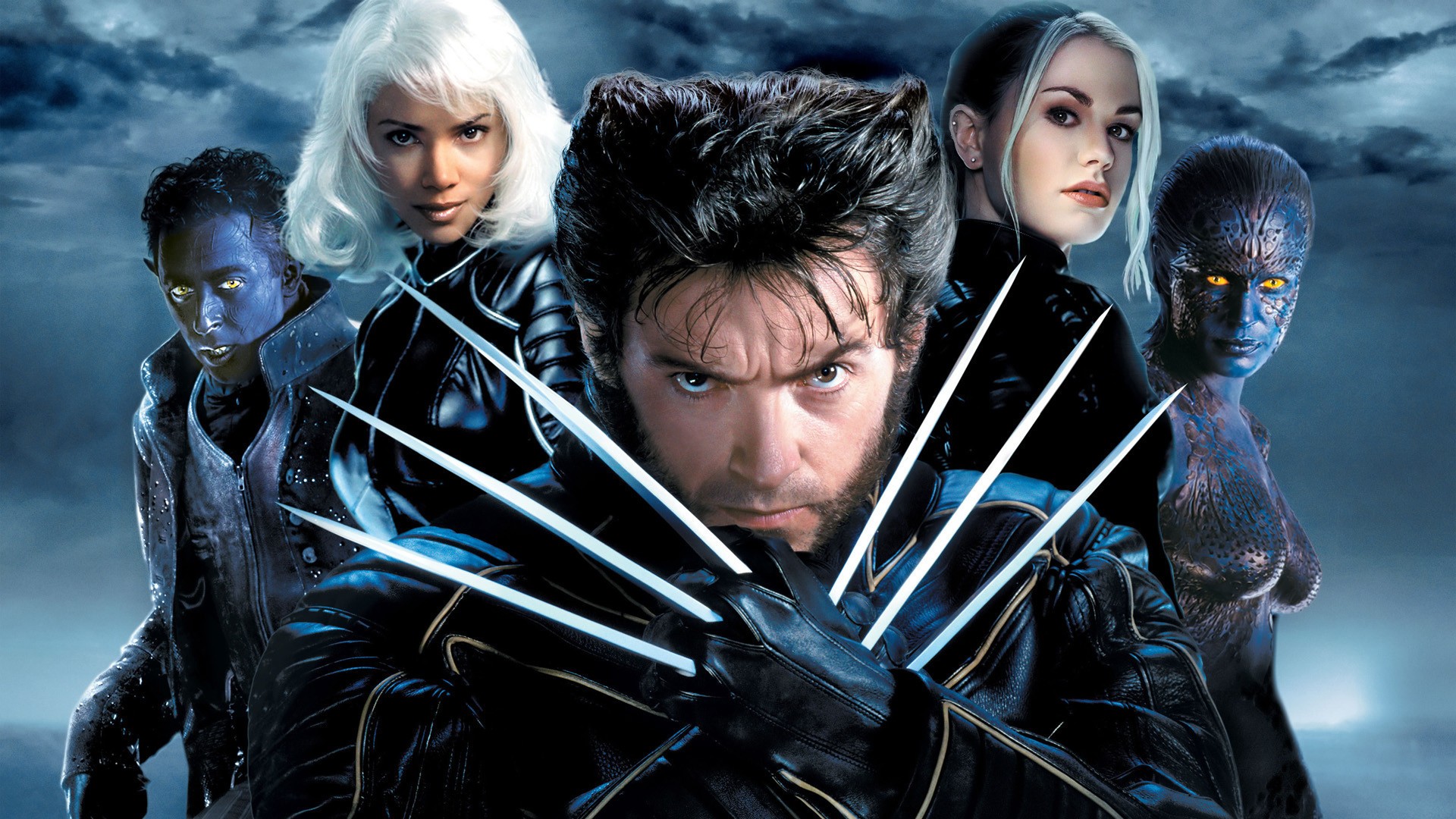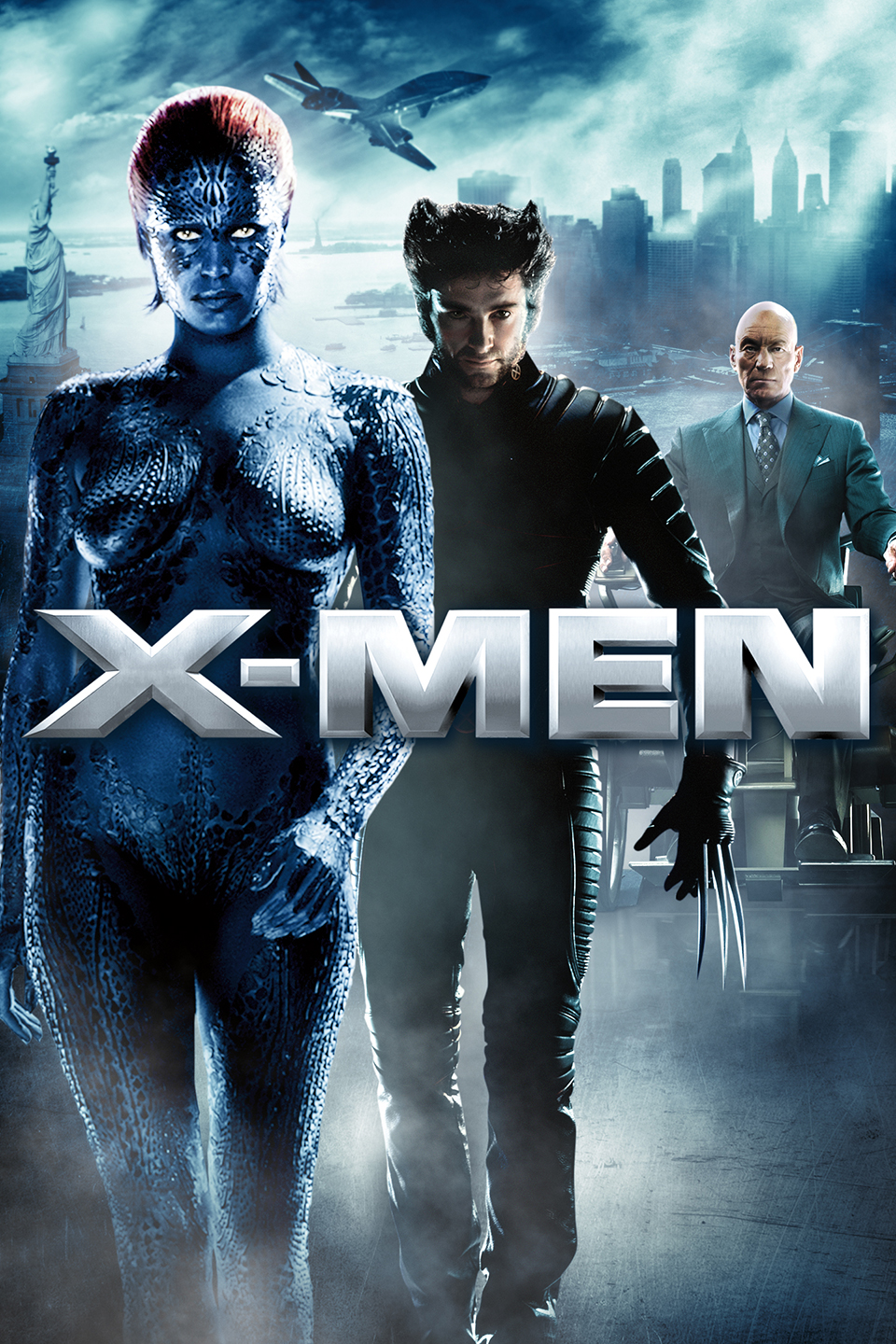Ever found yourself lost in the labyrinthine world of the X-Men film franchise, unsure of where to begin or how it all connects? Navigating the X-Men timeline can feel like a superpower in itself, but fear not, because we're here to unravel the complexities and offer a viewing order that brings clarity to the mutant saga.
The cinematic journey of the X-Men is a winding road paved with timelines, reboots, and a whole lot of mutant mayhem. From the original trilogy that introduced us to iconic characters like Wolverine, Storm, and Professor X, to the prequel era exploring the origins of Charles Xavier and Erik Lehnsherr, and the alternate futures glimpsed in films like Days of Future Past, the franchise has consistently challenged our understanding of continuity. The story is further complicated by standalone Wolverine films, each adding layers to Logan's already intricate backstory. With Disney's acquisition of 20th Century Fox, the X-Men universe has expanded even further, now readily accessible on platforms like Disney+, making it both easier and more overwhelming to dive in.
To further clarify the complex web surrounding the X-Men movie franchise, let’s delve into the details that make this series so captivating, yet potentially confusing. It's not just about remembering who played Magneto at what age (Michael Fassbender when the character aligns with James McAvoy’s timeline, for instance); it’s about understanding how each film impacts the broader narrative. New characters are frequently added, and spinoffs emerge, each with its own unique story. Yet, at its core, the X-Men saga builds upon what came before, all while forging its own path forward, ensuring that it remains a compelling watch for both longtime fans and newcomers alike.
One of the most debated topics among X-Men fans is the viewing order. Should you watch the films in the order they were released, experiencing the story as it unfolded for audiences in theaters? Or is it better to approach the series chronologically, starting with the earliest events in the timeline and progressing forward? Each approach has its merits, but for those seeking a balance between narrative coherence and appreciating the evolution of the franchise, a specific viewing order can enhance the experience significantly.
Many fans advocate for a chronological viewing order, beginning with X-Men: First Class, which serves as a soft reboot and introduces the younger versions of Charles Xavier and Erik Lehnsherr in the 1960s. This film sets the stage for their complex relationship and the ideological divide that ultimately leads to the formation of the X-Men and the Brotherhood of Mutants. Following First Class, you could delve into X-Men: Days of Future Past, which cleverly combines the original cast with their younger counterparts, creating a bridge between the two timelines. However, Days of Future Past is perhaps best saved for later, as its impact is greater when you have a deeper understanding of the characters and their individual journeys.
The original X-Men trilogy— X-Men, X2: X-Men United, and X-Men: The Last Stand—holds a special place in the hearts of many fans, as it was these films that brought the X-Men to the mainstream. While The Last Stand is often criticized for its handling of certain storylines, the trilogy as a whole is a foundational part of the franchise. These films introduced iconic portrayals of Wolverine (Hugh Jackman), Storm (Halle Berry), and Professor X (Patrick Stewart), and established the core themes of mutant acceptance and the struggle for equality.
Then there are the Wolverine standalone films, each offering a unique perspective on the character's long and troubled life. X-Men Origins: Wolverine attempts to delve into Logan's early years and his rivalry with his brother, Victor Creed, but is generally considered one of the weaker entries in the franchise. The Wolverine, on the other hand, takes Logan to Japan and explores his vulnerability and mortality. Finally, Logan offers a poignant and gritty conclusion to Wolverine's story, set in a dystopian future where mutants are on the brink of extinction. Logan is a powerful and emotional film that stands apart from the rest of the franchise, and is often considered one of the best superhero films ever made.
The inclusion of Days of Future Past further complicates matters, as it introduces the concept of alternate timelines and retcons certain events from previous films. In Days of Future Past, Wolverine is sent back in time to prevent a catastrophic future, altering the timeline and creating a new reality. This film serves as a bridge between the original trilogy and the prequel era, bringing together characters from both timelines. However, its placement in the viewing order is a matter of debate, as it can be confusing to watch it too early in the franchise.
The casting choices throughout the X-Men films have been particularly noteworthy. Hugh Jackman's portrayal of Wolverine is iconic, defining the character for a generation of fans. Patrick Stewart and Ian McKellen's performances as Professor X and Magneto, respectively, have been praised for their depth and nuance. The prequel era brought us excellent younger versions of these characters, with James McAvoy and Michael Fassbender delivering compelling performances. The ensemble cast has always been a strength of the X-Men films, with actors like Halle Berry, Famke Janssen, and Rebecca Romijn bringing memorable characters to life.
With Disney's ownership of Marvel Studios and 20th Century Fox, the X-Men are now integrated into the Marvel Cinematic Universe (MCU). This opens up a whole new world of possibilities for the franchise, as the X-Men can now interact with other Marvel characters and storylines. While it remains to be seen how the X-Men will be integrated into the MCU, fans are eagerly anticipating their arrival.
Considering all the complexities, let's propose a viewing order that aims to strike a balance between chronological storytelling and appreciation for the films' release order, a sequence designed to ease you into the mutant saga and maximize your enjoyment.
Begin with X-Men: First Class. This film serves as an excellent entry point, rebooting the series and establishing the origins of Professor X and Magneto in the 1960s. It sets the stage for their complex relationship and the ideological divide that will shape the future of the X-Men.
Next, proceed to X-Men. The first film in the original trilogy introduces us to the core team of X-Men and establishes the world of mutants and their struggle for acceptance. It's a classic superhero film that paved the way for the rest of the franchise.
Follow this with X2: X-Men United. Often regarded as one of the best X-Men films, X2 expands on the themes and characters introduced in the first film, delving deeper into the world of mutants and their relationship with humanity.
Then watch X-Men: The Last Stand. While controversial among fans, The Last Stand concludes the original trilogy and provides closure to some of the storylines established in the previous films. It's important to watch it to understand the events that lead up to Days of Future Past.
Now, shift to The Wolverine. This film offers a more intimate and character-driven story, focusing on Wolverine's journey of self-discovery in Japan. It's a departure from the ensemble-focused films and provides a deeper understanding of Logan's character.
Before Days of Future Past insert X-Men: Days of Future Past. Now that you're familiar with both the original trilogy and the prequel era, Days of Future Past will have a greater impact. The film's time-travel storyline and its combination of the original cast with their younger counterparts make it a pivotal moment in the franchise.
Finally, conclude with Logan. Set in a dystopian future, Logan offers a poignant and gritty conclusion to Wolverine's story. It's a powerful and emotional film that stands apart from the rest of the franchise and provides a satisfying ending to Logan's journey.
Alternative Viewing Options: There are several other ways you could approach watching these films. Some people prefer to watch them in order of release, which means starting with the original X-Men movie and then going through each sequel in chronological order as it was released in theaters. This way you can understand how audiences initially experienced this series and see its evolution over time.
Another option is to view them strictly within their in-universe timeline. This involves starting with X-Men: First Class set in the 1960s and then moving forward based on when events take place inside the movie narratives themselves rather than their actual release date. This method gives you a linear story progression but might not give full weight to each film's cultural impact upon release.
Ultimately, the best viewing order is the one that you find most enjoyable. The X-Men franchise is a complex and rewarding series, and there's no wrong way to experience it. Whether you choose to watch the films chronologically, in order of release, or according to our suggested viewing order, the important thing is to sit back, relax, and enjoy the ride. After all, with its intriguing characters, complex plotlines, and high-octane action sequences, the X-Men saga continues to be one of the most captivating stories in the world of superhero cinema. Now, let the mutant marathon begin!


